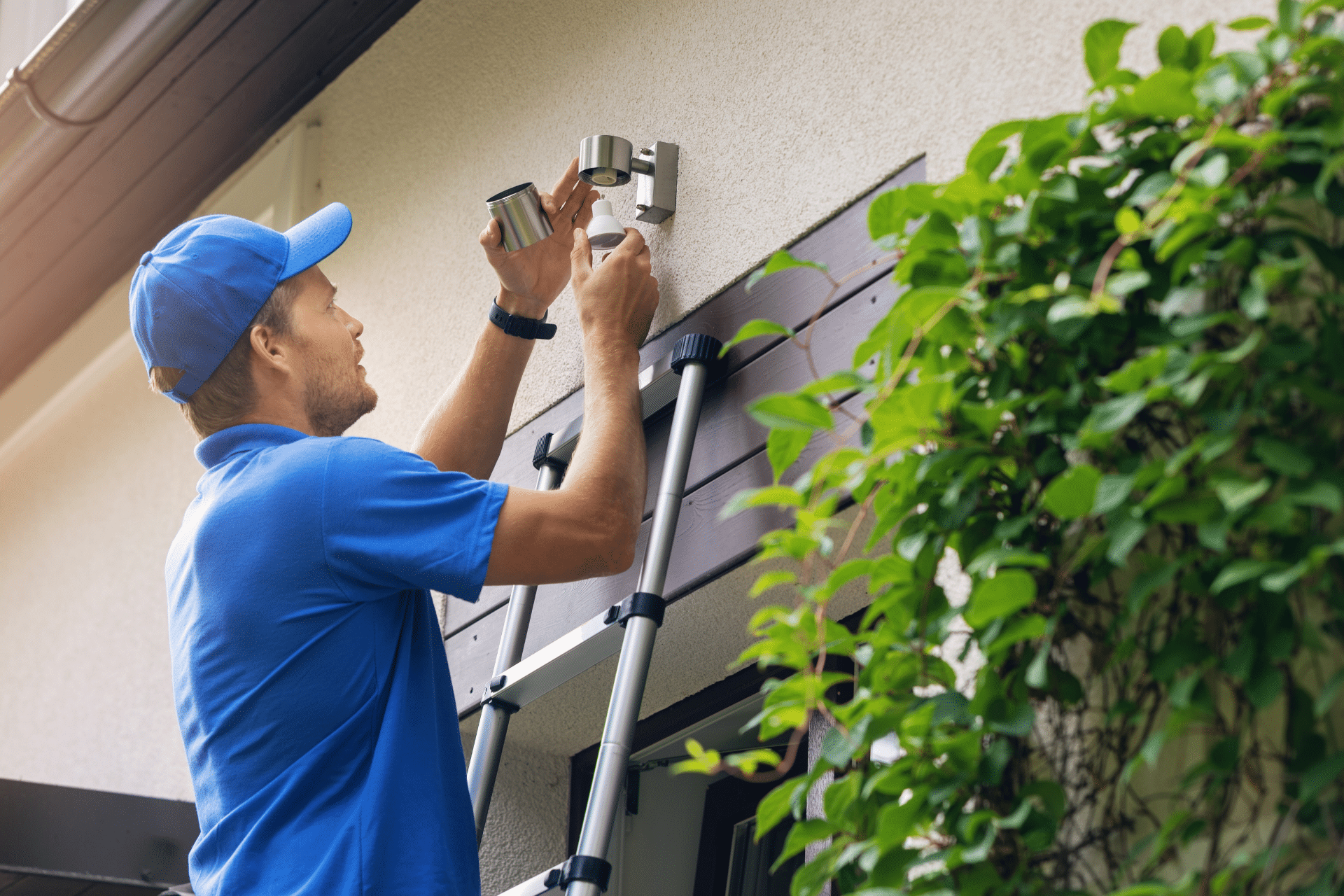As a professional property management company, we educate our investors 24/7 about how imperative it is to stay on top of maintenance, whether preventative or emergent. This is not only to ensure the longevity of their investment properties, but to keep their tenants happy and to mitigate the chances of costly litigations due to improper handling of property maintenance responsibilities. But sometimes we run into situations and are often asked, “Is deferring this maintenance okay?”
As the property manager, we are the middleman when it comes to relaying the inevitable to the owner that properties and appliances do in fact, break down. And at times, these are the types of responses we receive:
“That’s too much money, I need another quote!”
“This repair should only cost $50 instead of $1000.”
“Do the tenant’s really need a/c in September? Let’s wait on this.”
We get it. Unexpected costs for an air conditioning unit, a dishwasher repair, or for flood and mold remediation are scenarios no investor wants to deal with – and for that matter, isn’t news we as the property manager wants deliver. But it’s best to always remember your bottom line – protecting your investment and keeping your paying tenants in contract.
Deferred Maintenance Scenarios
Keeping your tenant satisfied with the process when something does go wrong is essential, though naturally, expectations from both sides of the fence can be unrealistic at times. However, in rare cases, some items can in fact wait for repair. Here are some examples of scenarios when deferred maintenance is acceptable.
Scenario 1:
A pull chain controlling the light breaks off from the ceiling fan by normal wear and tear 2 weeks prior to the tenants moving out of the property. Keep in mind, the tenant is still able to control the lighting by the switch located on the wall.
Is it in need of repair? Yes. Is the feature still functioning as intended by another source? Yes. Does our client need an additional trip charge 2 weeks prior to completing the move out report? Not really.
The absence of the chain may not be convenient, but given the timeline and minor impact on the functionality, this maintenance item can be cued up for the move-out walk through.
Scenario 2:
It’s September and the grass in the front yard has been dying off slowly all summer, even when watering appropriately. Now, a majority of the yard is yellow and weak. Given the time of the year, it would be best for the health of the grass and lawn to be replaced during the spring months when the grass can truly take to the ground. Let’s wait on this!
The Bottom Line
Keep in mind, neither of these items are concerning the safety of the tenants or the integrity to the structure of the property. While the goal will always be to have them remedied in the near future, the nature of urgency for repair of the items is minimal and a deferred maintenance timeline can prolong another expense. That’s news we don’t mind giving.
By: Matt Leschber, 1836PM Founder and Kayla Gonzales, 1836PM Marketing Manager







